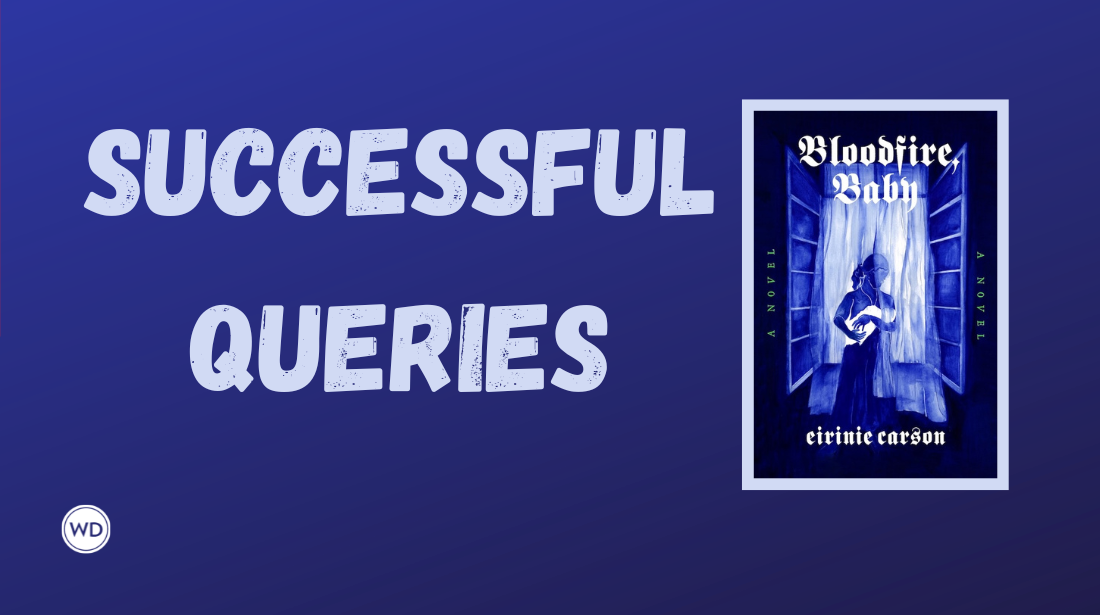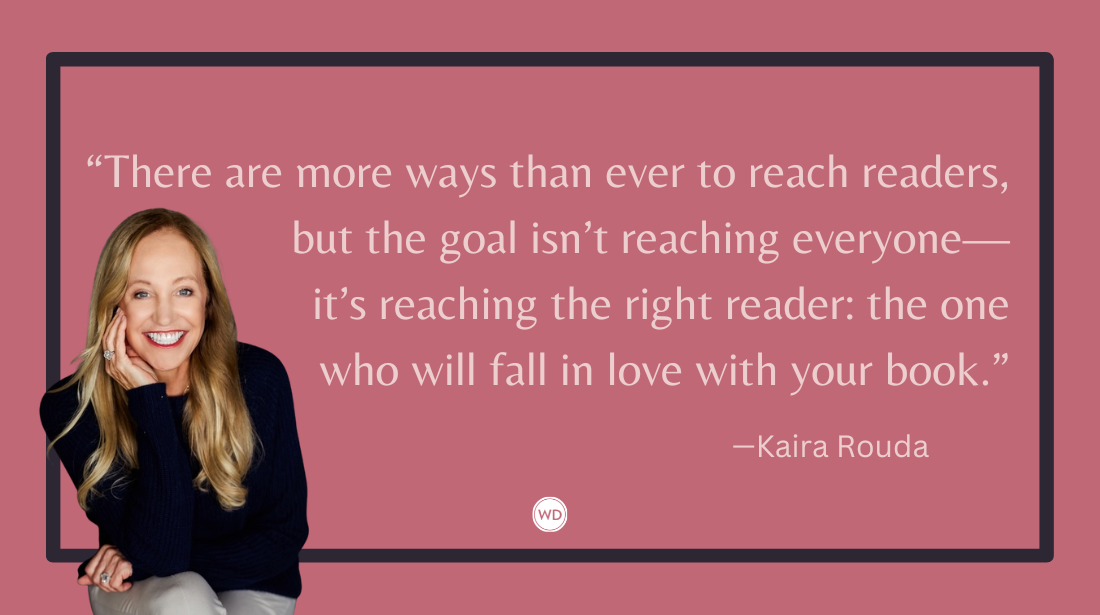Where Should You List Your Manuscript’s Word Count?
There are a couple of places where your manuscript’s word count needs to appear. Here they are.
Q: I’m ready to send out my manuscript to agents, and I’m finishing the final formatting touches. Do I include a word count on the manuscript, or will mentioning it in the query letter suffice? —Rachael A.
When submitting to agents or editors, always include a rough word count on the cover page of your manuscript (and by “rough word count,” I mean round up to the nearest thousand). It should appear in the upper right-hand corner of your cover page, across from your name and contact information, and should read About 92,000 words (or whatever your magic number is).
I also recommend including your manuscript’s word count in your query letter. Put it in the paragraph that introduces your title. For example, if I were querying with an epic novel about pink flamingos, my second or third paragraph would lead with, Pink Flamingo Dance Party is an 86,000-word novel about a pack of wild pink flamingos that …
This way the agent or publisher has a clear picture of what to expect from your work.
Thanks for visiting The Writer's Dig blog. For more great writing advice, click here.
*********************************************************************************************************************************
Brian A. Klems is the online editor of Writer's Digest and author of the popular gift bookOh Boy, You're Having a Girl: A Dad's Survival Guide to Raising Daughters.
Follow Brian on Twitter: @BrianKlems
Sign up for Brian's free Writer's Digest eNewsletter: WD Newsletter
Brian A. Klems is the former Senior Online Editor of Writer’s Digest, and author of Oh Boy, You’re Having a Girl (Adams Media/Simon & Schuster). Follow him on Twitter @BrianKlems.









